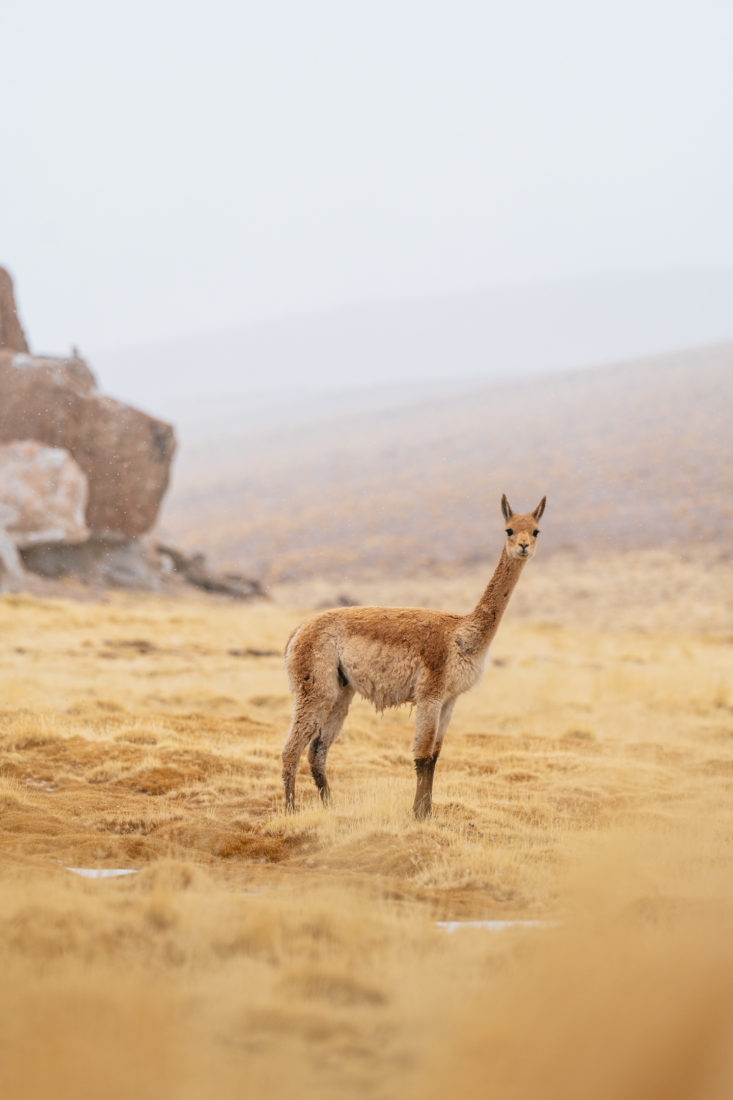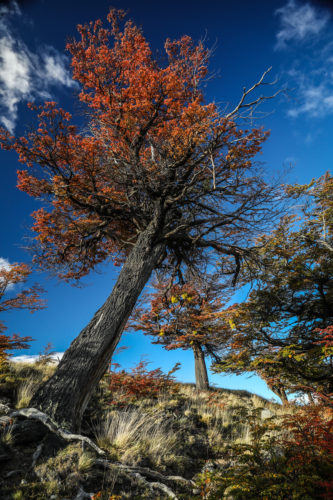“The world is getting louder, and it’s increasingly harder to escape the noise, even in nature,” writes Chloe Berge in Conde Nast Traveler. “The cacophony of cars ond highways and the sonic boom of air traffic has been joined by drones and ever-multiplying personal devices to create a perpetual blanket of disruptive man-made noise.”
The article covers the topic of how “concerns about noise pollution, including its detrimental impact on human health and wildlife, are now being discussed on par with air and light pollution.”
At Awasi our remit has always been to show our guests places of untouched natural beauty.
- The Awasi Patagonia Private Reserve
- Remote Atacama
- The Atlantic Rainforest
Far from the Madding Crowd
Our team knows the places in Atacama, Patagonia and Iguazu that can be enjoyed without any other people around.
We have private reserves in Iguazu and Patagonia, and in Atacama our guides are always discovering new places where other tours don’t go.

At Awasi, our private guides get off the beaten track to immerse guests in nature
15 minutes of silence
“There are very few quiet places left,” says acoustic ecologist Gordon Hempton, founder of Quiet Parks Internationa which aims to raise awareness about noise pollution and protect the world’s remaining quiet places.
“The non-profit is committed to the preservation of silence (or at least, the absence of human-caused sound),” explains the Conde Nast article, “and aims to establish a network of quiet wilderness and urban parks around the world, as well as quiet hotels.”
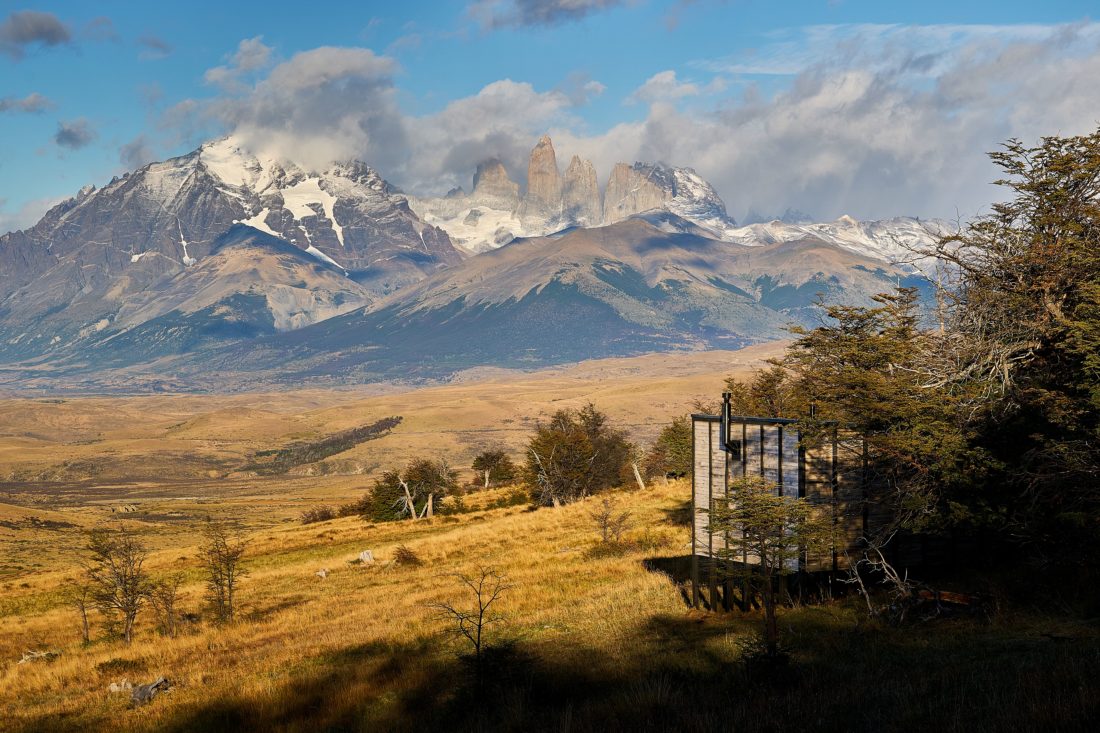
The Awasi Patagonia private reserve sits within easy reach of Torres del Paine National Park, but is far from the crowds, allowing nature to flourish.
“To qualify as a wilderness quiet park, the area has to have a noise-free interval (the time between man-made noise events) of 15 minutes or longer.”
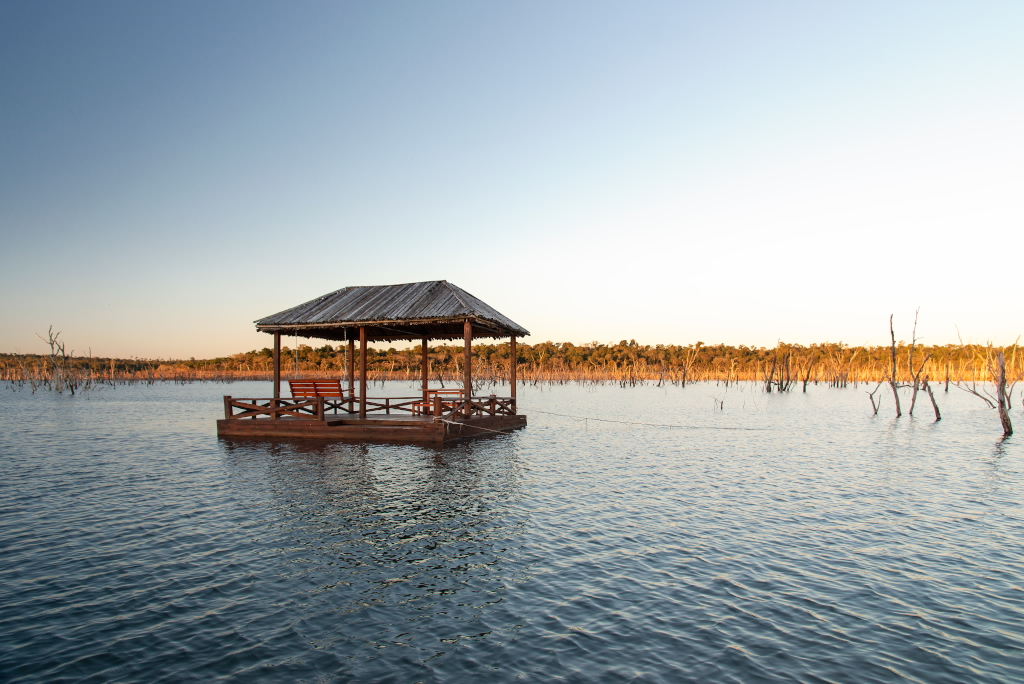
Floating deck at Urugua-i. Photo by Daniella Mac Adden.
The Awasi lodges are located in three of iconic corners of South America. We chose these areas due to their remoteness and natural beauty and are passionate about protecting them (see here for more on the Awasi Foundation).
As a carbon neutral company we aim to inspire our guests in conservation.
Also, as each room has a private guide, we enter natural spaces in small groups, allowing a greater immersion and keeping our impact to an absolute minimum.
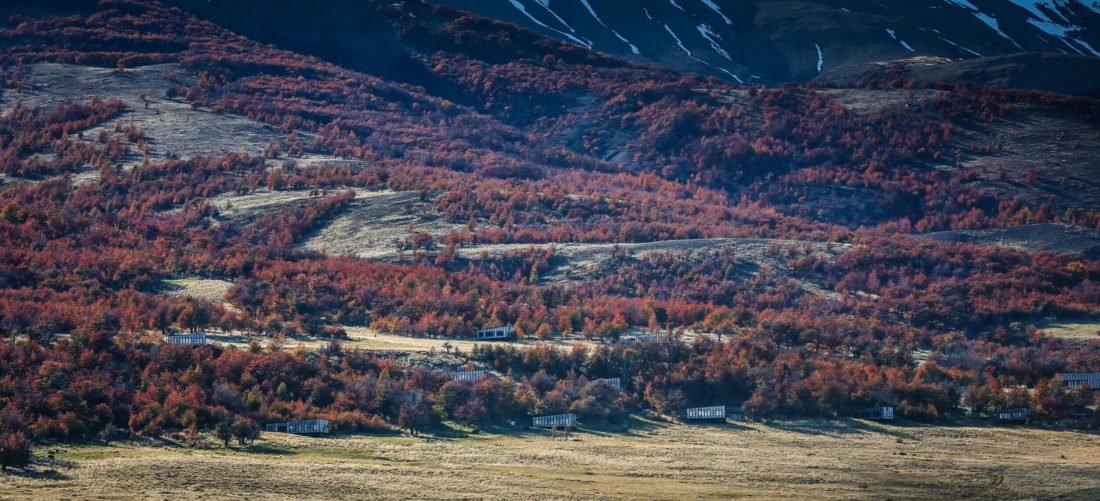
Awasi Patagonia is located within a 200-hectare reserve of native “lenga” woodland.
The impact of noise
“Research shows that spending time in quiet spaces is good for your cognitive ability and your mood, and it decreases your blood pressure and heart rate,” says Rachel Buxton, a biologist and researcher at Carleton University in Ottawa, Canada.
“Man-made noise has also had a negative impact on wildlife,” writes Berge. “A study by Boise State University simulated the sound of traffic noise in a wilderness ecosystem and found a significant decline in the area’s bird species, despite an abundance of food, shelter, and other necessities.”
“Even sounds from people’s voices can influence animal behaviour,” says biologist, Rachel Buxton.
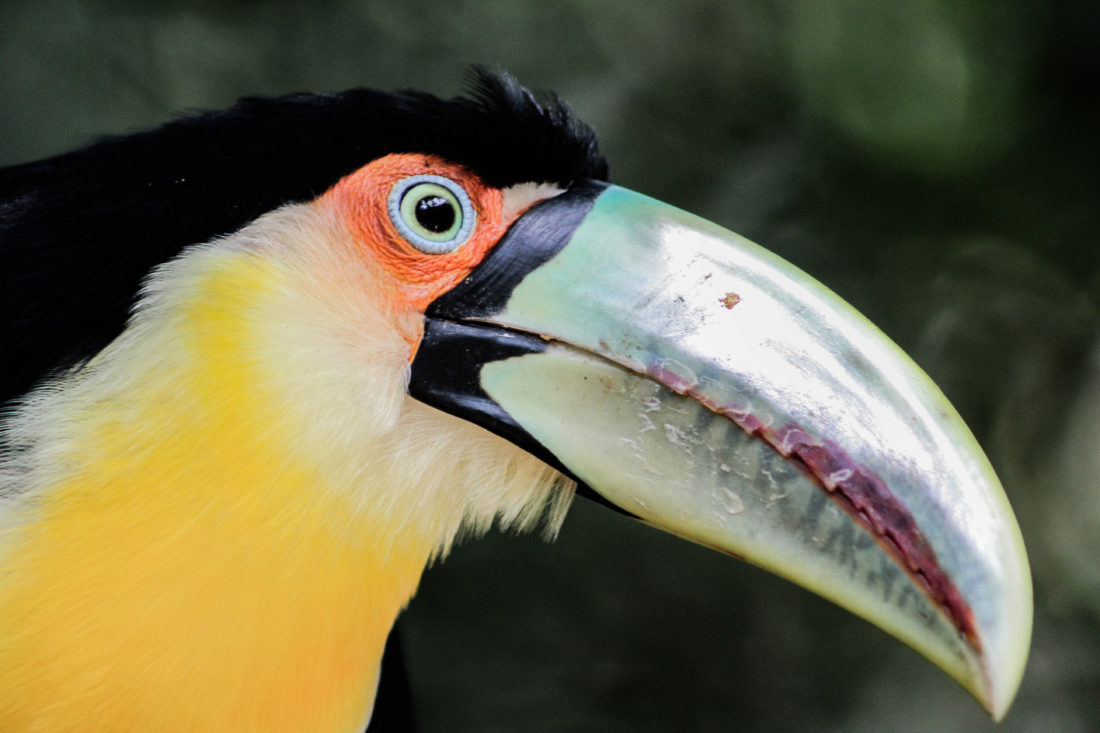
A toucan in Iguazu. The Atlantic Rainforest is a birdwatcher’s paradise.
What can we do?
“Travelers can also play a role in preserving silence when visiting a quiet place,” says Berge “whether it’s a national park close to home or one of QPI’s upcoming urban quiet parks in Taiwan or Sweden.”
“Something as simple as appreciating wild areas quietly can have some pretty serious reduction in your own sound output,” says Buxton.
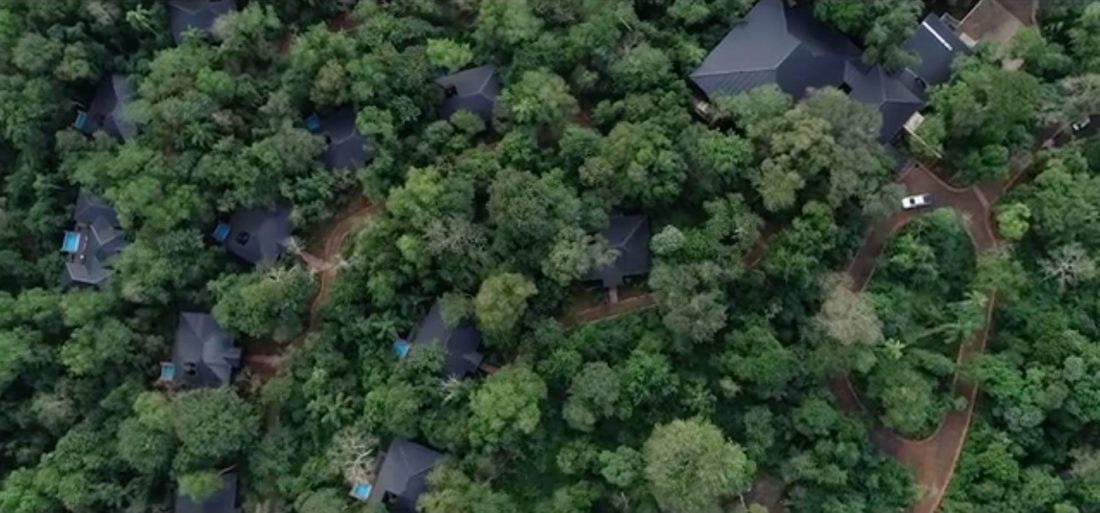
Awasi Iguazu is surrounded by woodland, built on stilts for minimal impact
So, next time you’re in a natural area, why not stop, be silent and listen for half an hour? The results will be beneficial for your health, and for the local wildlife.

